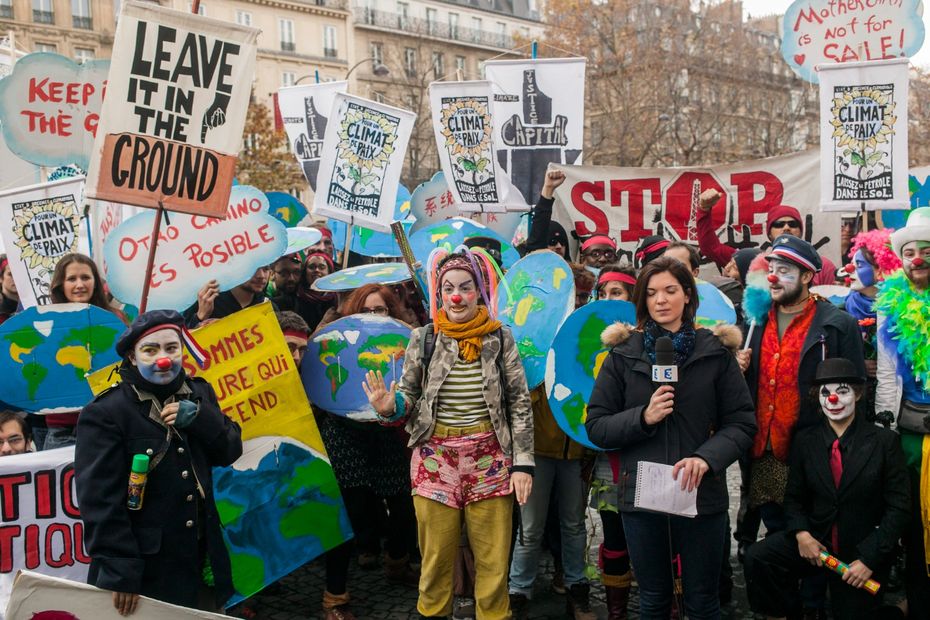The SNJ (National Union of Journalists) held its national congress in Albi for three days from October 3rd to 6th, 2023. The debates focused on many questions: How can the climate emergency be reported? What are the consequences in the newspapers? Are the media up to the environmental challenges?
The effects of climate change now occupy the front pages of the media every day. With increasingly frequent heatwaves, increasingly severe fires, drier droughts and increasing extreme weather events around the world, journalists cannot ignore these phenomena. From devastating major fires in Canada to devastating fires in Greece, Algeria and Sicily to the worst fire in a century in Hawaii, it is clear that the climate is changing.
At the heart of this fight against the consequences of climate change is the crucial role of the media. They play a critical role in raising public awareness of these challenges and disseminating important information.
During the 105th Congress of the National Union of Journalists, Yamina Saheb, an expert involved in the development of the 3rd IPCC report, made an appeal to the media. She emphasizes that the media has the unique power to raise public awareness, a role that scientists cannot fulfill in the same way.
“We as scientists do not have the same access to the public as the media, and we are not good communicators.”“, she explains. She therefore invites journalists to play an active role in mobilizing the public in the face of climate change.
Therefore, France Télévisions launched a “Climate Weather Journal” in March 2023 on France 2, France 3 and france.tv, the aim of which is to inform viewers about the direct consequences of climate change on the weather.
A major challenge for newsrooms is how to discuss climate change issues without inciting paralyzing fear. Experts acknowledge the existence of environmental anxiety but insist that reporters can inform constructively by offering solutions and concrete actions.
Anne-Sophie Novel, a journalist specializing in ecological alternatives, is committed to raising journalists’ awareness of the climate emergency. She travels through the editorials sharing keys to understanding planetary boundaries, climate issues, and individual responsibility.
“What are the planetary boundaries? What’s the problem with the climate? What’s the problem with life? But above all: what is our responsibility?” she asks. She encourages journalists to adopt a reading framework that can be applied in all areas.
In September 2022, the profession created the “Charter for a journalism that responds to the ecological emergency,” signed by more than 1,200 French journalists. The aim was to stimulate the editorial team to improve media reporting on ecological issues.
But six months after this initiative, Anne-Sophie Novel herself made the observation: “Every second journalist notices it that this has not changed his practice. Because among journalists, as in the rest of society, there is still a long way to go before these new practices in dealing with global warming are put into practice.
(With Miryam Brisse)

Total web buff. Student. Tv enthusiast. Evil thinker. Travelaholic. Proud bacon guru.







